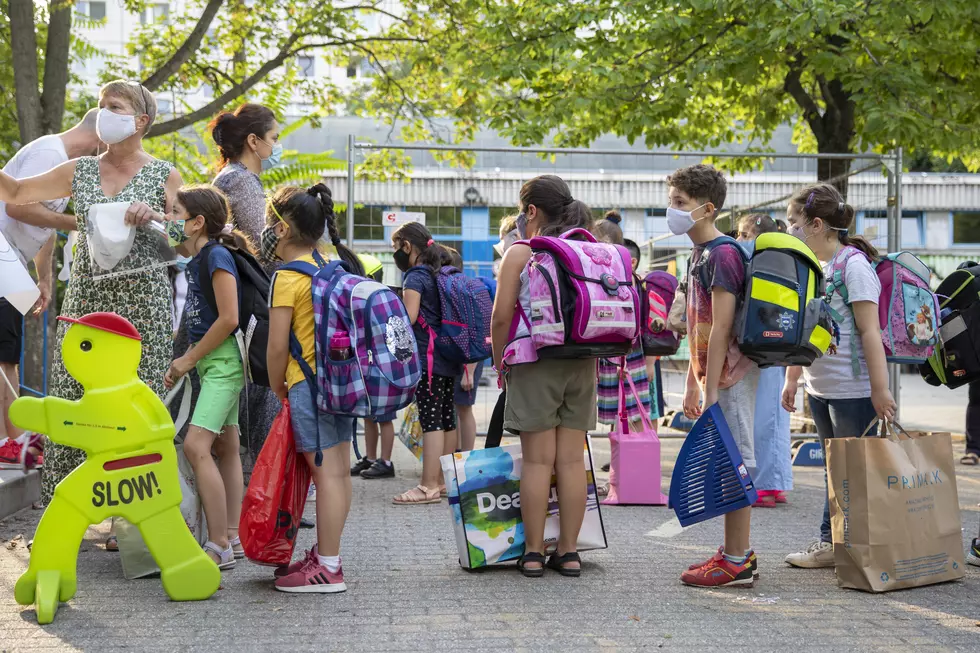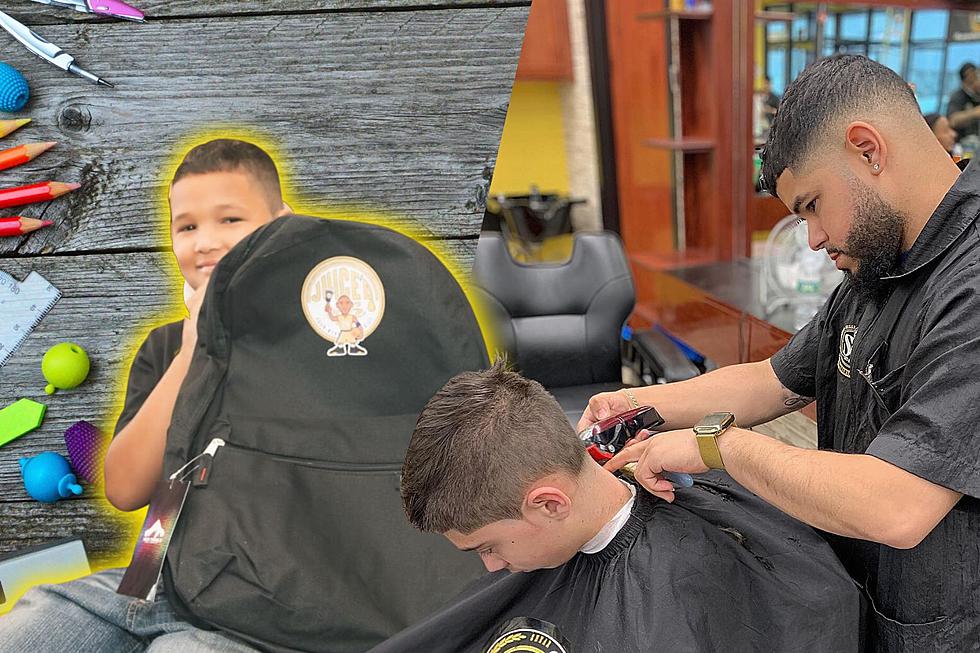
When Parents Disagree About a Return to School
School districts all over the SouthCoast have been releasing their plans for how they'll begin teaching children next month under the cloud of COVID-19. New Bedford and Fairhaven just approved hybrid models last night to join Fall River and Old Rochester. Meanwhile, Dartmouth and Wareham will begin their school years with strictly remote learning.
Parents who wish to opt out of any in-person learning will be able to have their child receive remote learning at home; however, it remains unclear for many communities about who exactly will be teaching those remote lessons. For some, the lessons will be taught by in-district teachers. For others, the district will be relying on a remote teacher that will be provided by the state and could be based anywhere in the Commonwealth.
Parents are faced with making some very serious decisions for their school-aged children. These decisions have the potential to have profound, long-lasting effects on the lives of their kids, regardless of the path they choose.
That choice becomes even tougher when both parents are not on the same page. We got a message during Therapy Thursday this morning on the Fun 107 app. It was from a father who wants to send his kids back to school, while his wife is vehemently against the idea and has been in vocal opposition to their school district's administration.
We asked our therapist, Autumn Prior, what parents can do when they are in disagreement with a decision that is this big. Here's what she said:
1. Parents need to keep "talking and talking" behind closed doors until each of them shares all of their feelings.
2. Don't share the decision with the kids before you've both agreed on one. Flip-flopping on a decision can cause uncertainty for children.
3. Keep an open mind while discussing the topic with your partner. It's vitally important to LISTEN to the other person.
4. It's OK to share your feelings with your kids. It's normal to have emotions, and it validates a child's concern. It also models for the children how to experience emotions and handle them in a healthy way.
Listen more:
READ MORE: 50 resources to help you educate your kids at home

More From WFHN-FM/FUN 107


![New Bedford Community Health Center CEO Gives COVID Update [TOWNSQUARE SUNDAY]](http://townsquare.media/site/518/files/2020/03/outbreak-coronavirus-world-1024x506px.jpg?w=980&q=75)


![How New Bedford Should Handle the Rise in COVID Cases [TOWNSQUARE SUNDAY]](http://townsquare.media/site/518/files/2020/06/GettyImages-1215276619.jpg?w=980&q=75)



